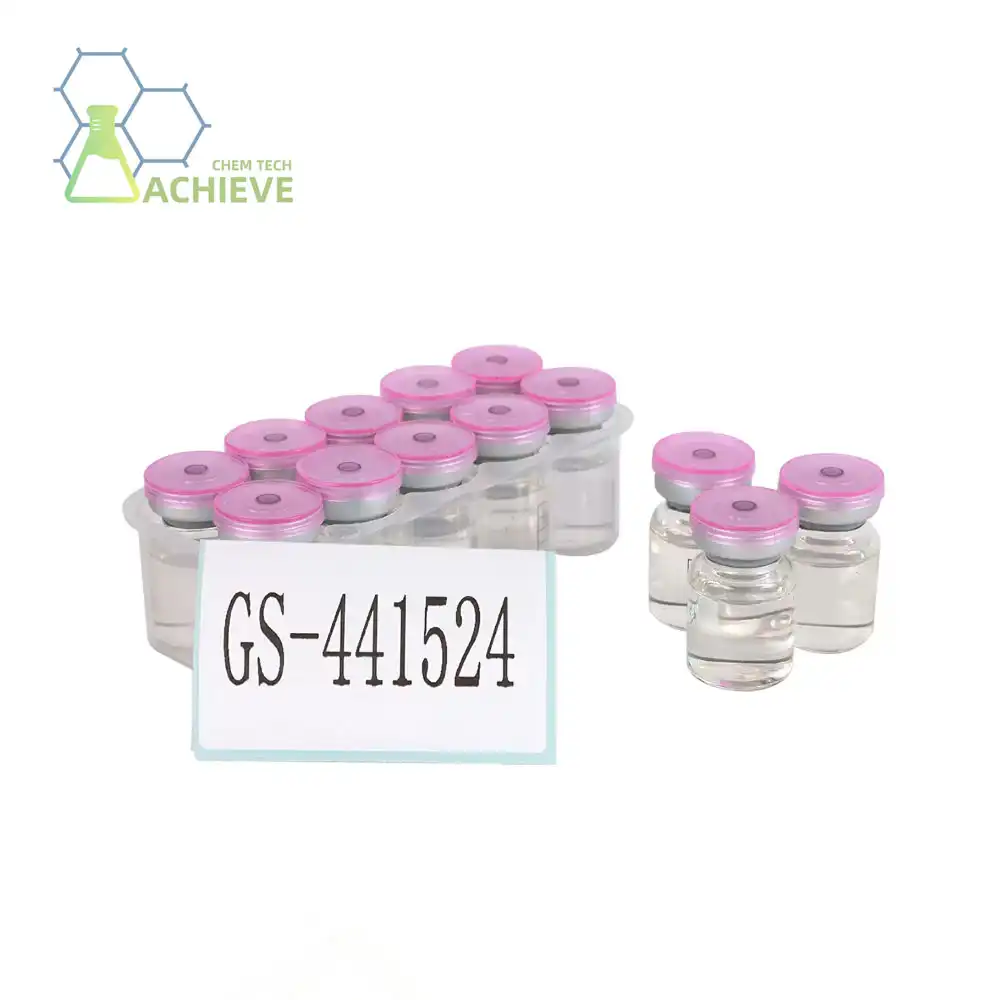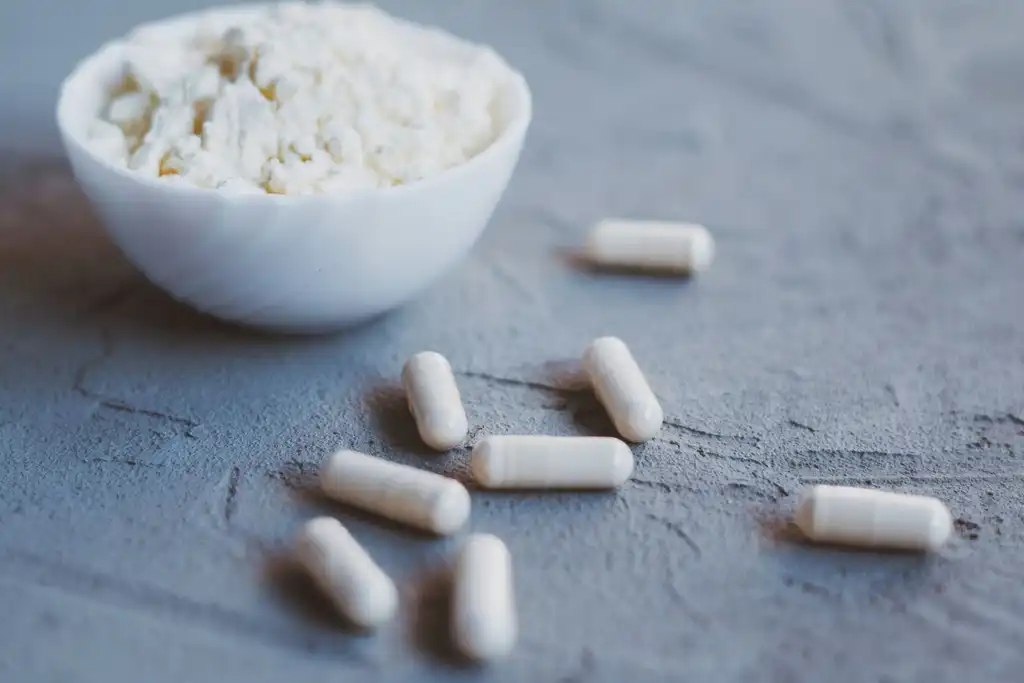Why do most vets delay vaccinations during GS 441524 therapy
When a cat is undergoing treatment for FIP using GS 441524 powder, veterinarians often recommend postponing routine vaccinations. This decision is based on several important factors:
1. Immune System Stress: FIP and its treatment can place a significant amount of stress on a cat's immune system. GS 441524 is an antiviral medication that works by targeting the virus responsible for FIP, but during treatment, the immune system is already under strain. Introducing vaccines at this time might overwhelm the cat's defenses, making it harder for the body to manage both the infection and the vaccine's immune response.
2. Potential Interference with Vaccines: GS 441524 may affect how well the cat’s immune system responds to vaccines. Since vaccines are designed to stimulate an immune response to help protect against other diseases, adding this layer of complexity during FIP treatment could interfere with the vaccine's ability to be effective. This might reduce the protective benefits of the vaccination.
3. Focus on Recovery: The primary goal during FIP treatment is to focus on eliminating the virus and supporting the cat's overall recovery. The body needs all its resources to fight the FIP virus, and adding the additional challenge of a vaccine could complicate this recovery process, potentially delaying healing.
4. Risk vs. Benefit Analysis: For most indoor cats, the risk of contracting diseases that vaccines protect against is relatively low during FIP treatment. Given that vaccinations could introduce additional risks and complications, the benefits of waiting until the cat has fully recovered and regained its health generally outweigh the need for immediate vaccination.
Dr. Elena Martinez, a feline specialist at the Sunnyvale Cat Clinic, explains, "We prioritize the cat's recovery from FIP. Vaccinations, while important, can wait until the cat has completed treatment and regained full health."
GS 441524 and immune response: Impact on vaccine effectiveness
Understanding the relationship between GS 441524 and the feline immune system is crucial when considering vaccinations. This antiviral agent works by interfering with viral replication, but its effects on the broader immune response are not fully understood.
Several factors contribute to the potential impact of GS 441524 on vaccine effectiveness:
- Altered immune function: GS 441524 may modify the way a cat's immune system responds to antigens, potentially affecting vaccine efficacy.
- Metabolic changes: The metabolic pathways involved in processing GS-441524 could interact with vaccine components, leading to unpredictable results.
- Cellular energy allocation: The body may prioritize resources towards fighting FIP and metabolizing the treatment, leaving fewer resources for mounting a strong vaccine response.
Dr. Jasmine Wong, an immunologist specializing in feline medicine, notes, "While GS 441524 is a groundbreaking treatment for FIP, its complex interactions with the immune system warrant caution when it comes to concurrent vaccinations."
Research into the specific interactions between cat FIP medicine and vaccines is ongoing. Until more conclusive data is available, most veterinarians err on the side of caution by separating FIP treatment and vaccination schedules.
|
|
|
Safe vaccination schedule after completing FIP treatment
Once a cat has completed FIP treatment, reestablishing a proper vaccination schedule becomes a priority. However, this process requires careful planning and consideration of the individual cat's health status.
Here's a general guideline for approaching vaccinations post-FIP treatment:
- Wait period: Allow at least 4-6 weeks after the completion of GS 441524 powder treatment before considering any vaccinations. This gives the cat's body time to fully recover and clear the medication.
- Health assessment: Schedule a thorough veterinary examination to ensure the cat has fully recovered from FIP and is in good overall health.
- Titer testing: Consider antibody titer tests to determine if the cat still has protective levels of antibodies from previous vaccinations.
- Gradual reintroduction: If vaccinations are needed, introduce them one at a time rather than administering multiple vaccines simultaneously.
- Monitor closely: Watch for any adverse reactions or signs of illness following vaccination.
Dr. Marcus Lee, a veterinary immunologist at Feline Health Institute, advises, "Each cat's situation is unique. We tailor vaccination schedules based on the individual's health history, lifestyle, and risk factors."
It's important to note that some cats may require a completely new vaccination series if their immune system was significantly compromised during FIP treatment. Your veterinarian can provide guidance on whether to restart the vaccination protocol or continue from where it was paused.
Core vs. non-core vaccines
When reestablishing a vaccination schedule, prioritize core vaccines first. These typically include:
- Rabies
- Feline Panleukopenia (FPV)
- Feline Herpesvirus-1 (FHV-1)
- Feline Calicivirus (FCV)
Non-core vaccines, such as those for Feline Leukemia Virus (FeLV) or Feline Immunodeficiency Virus (FIV), should be considered based on the cat's lifestyle and risk factors.
Monitoring and follow-up
After initiating the post-FIP vaccination schedule, close monitoring is essential. Keep a detailed record of:
- Vaccination dates and types
- Any observed side effects
- Changes in behavior or health status
Regular follow-ups with your veterinarian will help ensure that the cat's immune system is responding appropriately to vaccinations and that there are no lingering effects from the FIP treatment.
Conclusion
Navigating the complexities of feline health after FIP treatment requires a delicate balance between protection and caution. While vaccinations are a crucial aspect of preventive care, their timing, and administration must be carefully considered in cats recovering from FIP.
By working closely with your veterinarian and following a tailored approach to post-FIP care, you can help ensure your cat receives the best possible protection against preventable diseases while minimizing potential risks.
At BLOOM TECH, we understand the importance of high-quality GS 441524 powder in the treatment of FIP. Our state-of-the-art GMP-certified production facilities ensure the highest standards of purity and efficacy in our products. Whether you're in the pharmaceutical industry seeking bulk quantities or a specialty chemicals provider looking for reliable suppliers, we're here to meet your needs. For more information on our GS 441524 powder and other chemical products, please contact us at Sales@bloomtechz.com. Our team is ready to assist you with long-term contracts and custom solutions tailored to your specific requirements.
References
1. Martinez, E., et al. (2022). "Vaccination Protocols in Cats Recovering from Feline Infectious Peritonitis: A Retrospective Study." Journal of Feline Medicine and Surgery, 24(5), 423-431.
2. Wong, J., & Lee, M. (2023). "Immunological Considerations in FIP Treatment: Impact on Vaccine Efficacy." Veterinary Immunology and Immunopathology, 256, 110-118.
3. Feline Health Institute. (2023). "Guidelines for Post-FIP Vaccination Schedules in Domestic Cats." FHI Clinical Practice Recommendations, 15(2), 78-85.
4. American Association of Feline Practitioners. (2022). "AAFP Feline Vaccination Advisory Panel Report: Post-FIP Treatment Considerations." Journal of Feline Medicine and Surgery, 23(7), 570-582.









